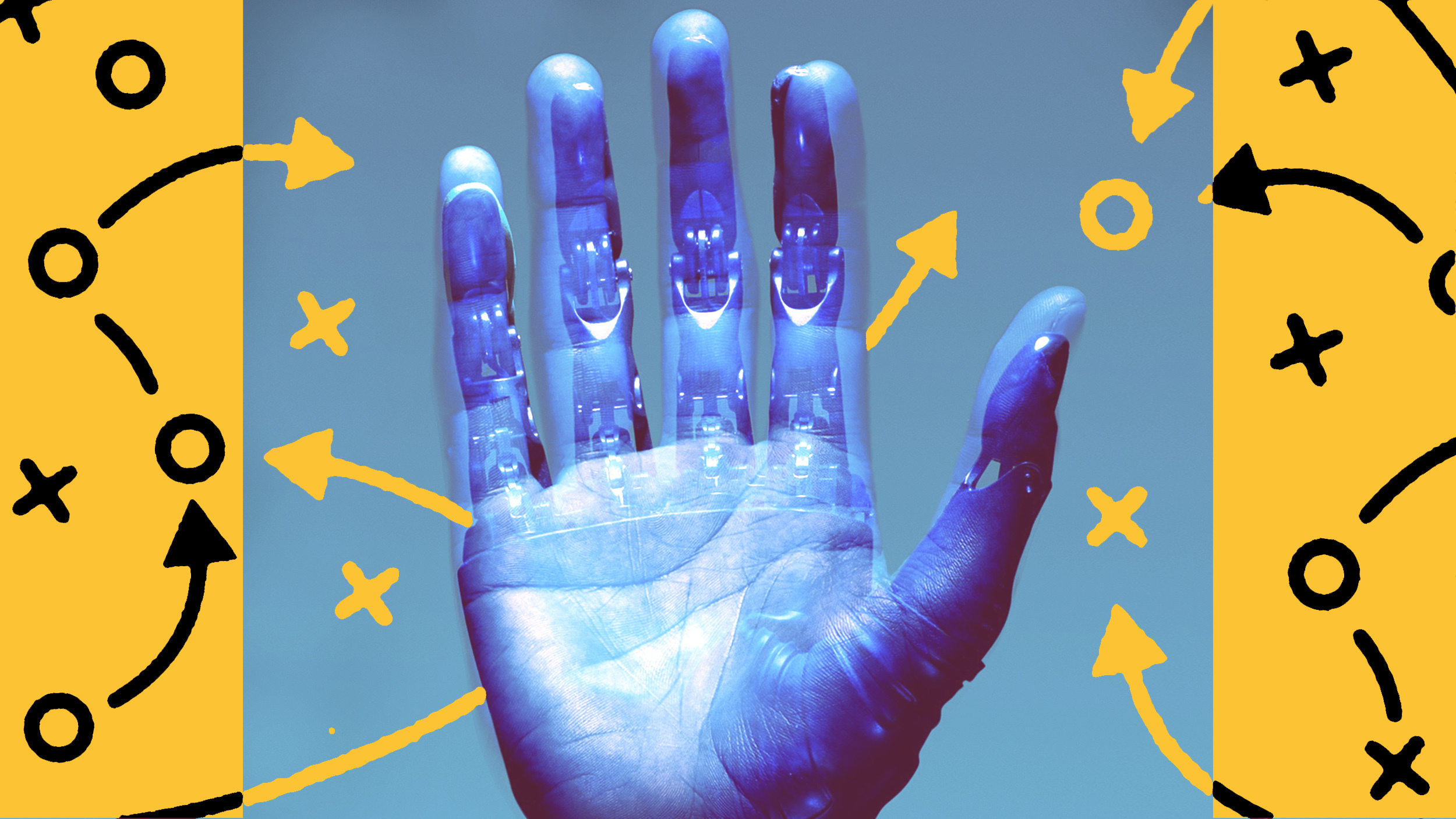Your Gen Z colleagues really are different. Learn to understand them.

It’s probably always been the case that each generation’s creations and preoccupations shape the next generation in unexpected ways, producing young adults who seem nearly incomprehensible to their elders, especially when generations find themselves working together. Boomers and their children, millennials, for example. Now Generation Z, or iGeneration, has arrived, and they’re another whole new thing. These young adults born since 1995 are the first generation that’s been immersed in social media from puberty onward. They’ve also been subjected to highly protective parenting meant to help them survive a frightening world portrayed in headline-driven news coverage. It’s no wonder members of Gen Z present new challenges to those with whom they work. In his Big Think+ video, “Understand Gen Z: Manage Expectations to Make Life Easier in Your Workplace,” social psychologist Jonathan Haidt offers a recipe for successfully welcoming this unique group into your company. Haidt is co-author of The Coddling of the American Mind.
The first online teenagers
The solitary nature of social-media immersion has produced a generation that’s spent an unusual amount of time during their teen years on their own. Haidt cites surveys done by Jean Twenge for her book iGen that find members of Gen Z spend less time with their friends, often forgo getting driver’s licenses, don’t go on dates, don’t drink as much, and less often have jobs that earn them spending money. “What are they doing?” asks Haidt. “They’re spending a lot more time sitting on their beds with their devices interacting that way.” Gen Z is unused to being with others, and joining a team at work can be confusing for them.
Independence denied
Gen Z’s parents fear for their little ones’ lives, resulting in exceptionally circumscribed childhoods. Increased adult supervision means that spontaneous play was replaced by carefully orchestrated play dates. “So in a lot of ways,” says Haidt, “Gen Z has been denied the independence, the independent play that previous generations got. We don’t know if this is for sure the reason, but they seem to have more difficulty working out problems on their own.”
In addition, asserts Haidt, well-meaning attempts to protect young spirits have had an unintended infantilizing effect. For example, the increased awareness of harmful language in anti-bullying campaigns has also caused the development of an increased sensitivity, and vulnerability, to other peoples’ words. Haidt says Gen Z suffers from “moral dependency.” He explains, “There’s always been an adult there for them to go to, and so when they’re hired, they expect there to be an adult.” And he says that at work that’s probably going to be someone in HR.
The solution is establishing clear norms
Haidt suggests that to help Gen Z get along with others, “you’ve got to get them out of this conflictual mindset, this idea that they are fragile, people are fragile, and words are violence.”
You can do this by providing Gen Zers a context that explains and neutralizes interpersonal frictions. Say something like, “Look, people are going to say things that you’re not going to like. We’ve got to all get along here. We’re a team, we’re going to try to work it out, talk to people.”
The key to success is to consistently reinforce the group’s shared mission and common goals. Helping Gen Zers identify as equally important members of a team can help smooth their transition into the workforce alongside millennials and boomers.




